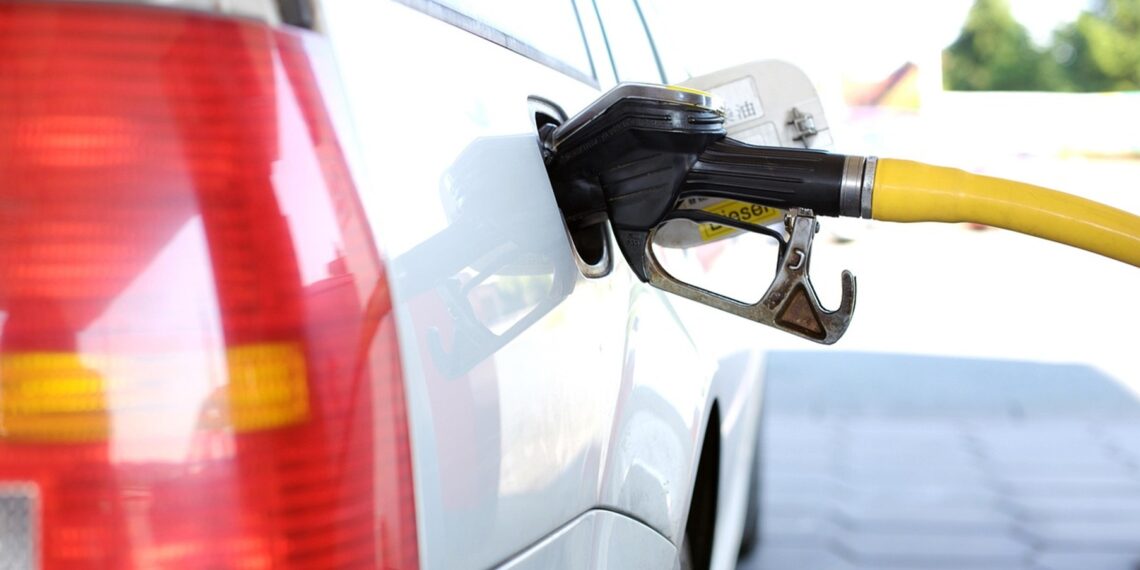New Delhi: The government is set to review guidelines for setting up petrol pumps, aiming to align licensing norms with India’s evolving energy security needs and decarbonisation commitments.
The Ministry of Petroleum and Natural Gas has formed a four-member expert committee, headed by former BPCL marketing director Sukhmal Jain, to assess the effectiveness of the 2019 framework that opened the fuel retailing sector to non-oil companies.
Members include Petroleum Planning and Analysis Cell (PPAC) Director General P. Manoj Kumar, FIPI member P.S. Ravi, and Arun Kumar, Director (Marketing) in the ministry.
The panel will examine market efficiency, integration of alternative fuels such as CNG, LNG, biofuels, and EV charging, and address challenges in implementing current rules.
Public and stakeholder feedback has been invited by August 20.
In 2019, the government lowered the entry barrier for fuel retailing licences, replacing the earlier requirement of Rs. 2,000 crore investment in oil infrastructure with a minimum net worth of Rs. 250 crore for retailing, provided licensees committed to installing infrastructure for at least one alternative fuel within three years.
For companies seeking to serve both retail and bulk consumers, the net worth threshold was set at Rs. 500 crore.
ALSO READ: Meghalaya: St. Edmund’s College hosts lecture on indigenous music, culture
Retail licensees must set up at least 100 outlets, with 5% in rural areas, within five years.
Global players including TotalEnergies-Adani, BP-Reliance, Trafigura’s Puma Energy, and Saudi Aramco have shown interest in the Indian market, the world’s fastest-growing for petroleum products.
India currently has 97,804 petrol pumps, with state-run Indian Oil Corporation leading at 40,666 outlets, followed by Bharat Petroleum (23,959) and Hindustan Petroleum (23,901).
Among private players, Nayara Energy operates 6,763 pumps, Reliance-BP has 1,991, and Shell runs 355 stations.















